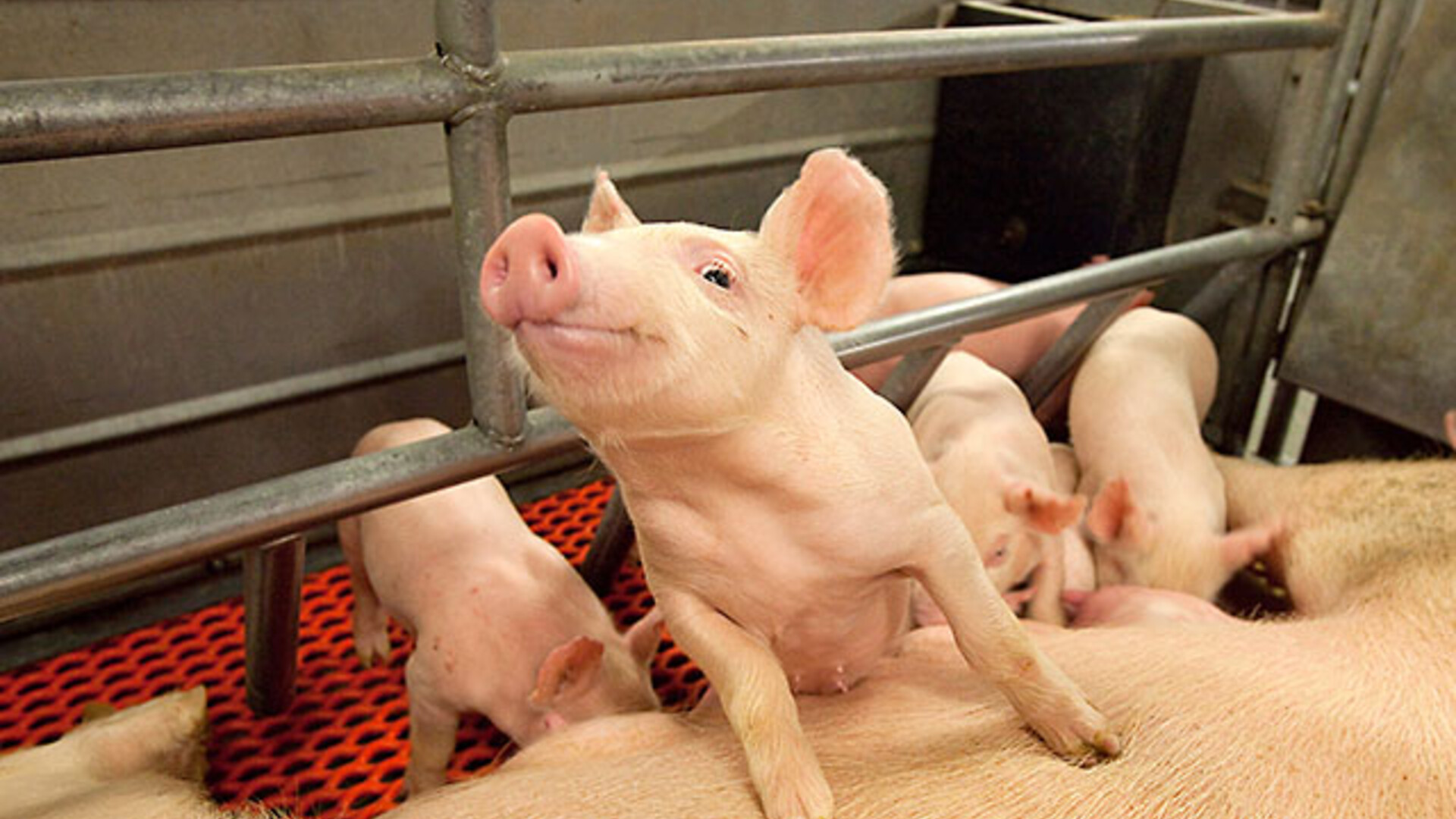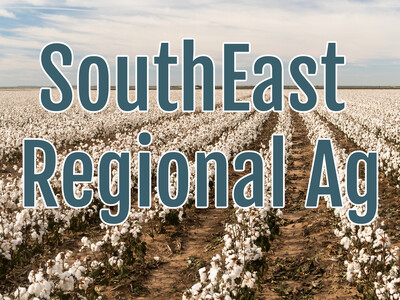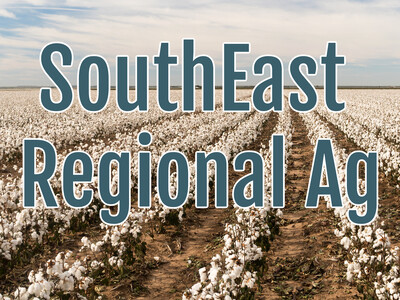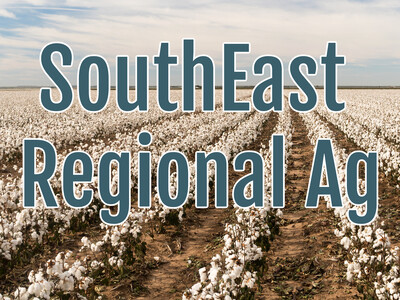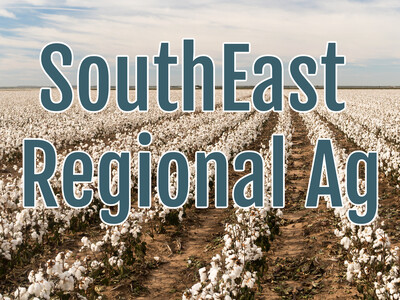Transition Planning 101
With your Southeast Regional Ag News, I am Haylie Shipp. This is the Ag Information Network.Moving a farm from one generation to the next is sometimes easier said than done. And making sure that you have a transition plan is a very important part of that. Oklahoma State University’s Dr. Shannon Ferrell says it’s best to come up with that plan when everyone is healthy and happy…
“That’s one of the biggest challenges is to help people understand that if you’re proactive and have that conversation while everybody is mentally well, they’re physically well versus when somebody’s in the emergency room or the hospital or something like that, you can make better decisions. You have more time to work out the tools that you need to have. And you have more time to implement those tools.”
He also emphasized that “fair” doesn’t always work.
“Equal isn’t equitable. Equal is treating everyone the same, but equitable means treating everybody fairly. And so there are two key issues when we talk about splitting stuff down the middle. One of those is that it’s just financially not viable for most farms and ranches. The farm simply cannot afford for a farm kid to buy out a city kid just based on the cash flow of the farm or ranch. So there’s that component. But another part of that is that if we have somebody’s who has come back and really made meaningful contributions to the farm, is it really fair to treat them exactly the same as somebody who might love mom and dad, might love the farm, but haven’t made contributions to that operation.”
Again, Oklahoma State University’s Dr. Shannon Ferrell.


